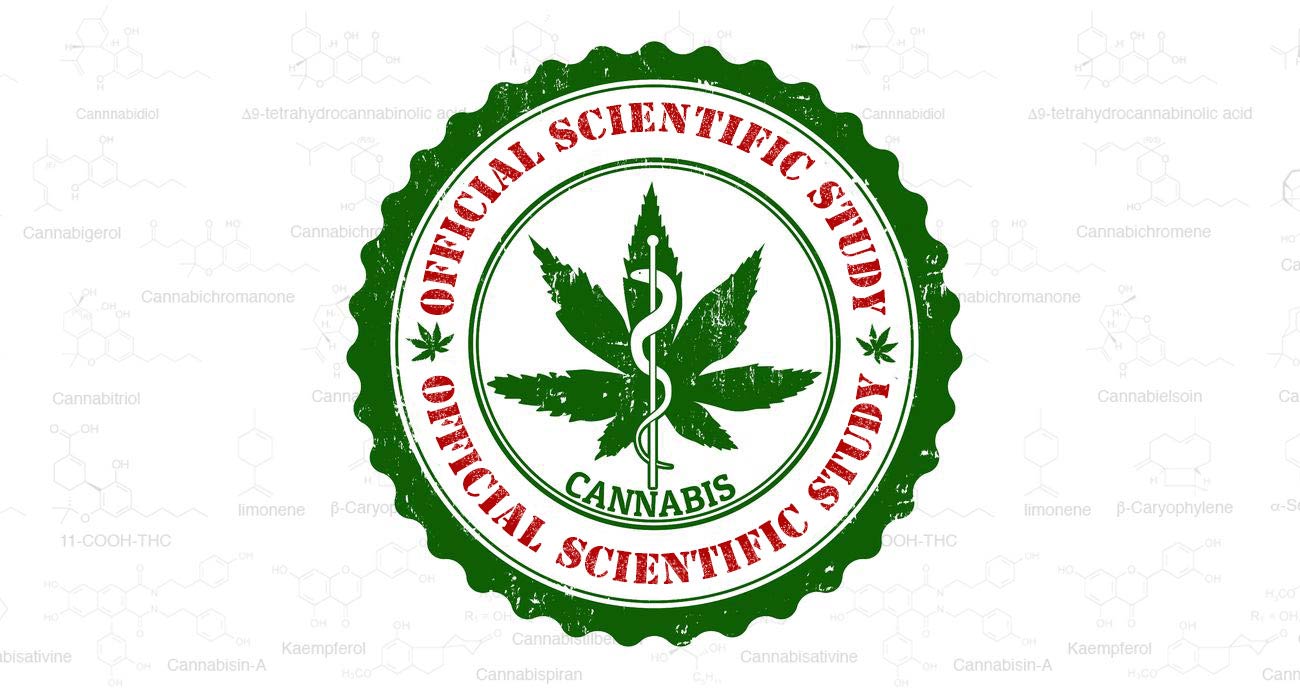ABSTRACT:
Background and purpose:
Cannabidiol (CBD) is a non-psychotomimetic compound from Cannabis sativa that induces anxiolytic- and antipsychotic-like effects in animal models. Effects of CBD may be mediated by the activation of 5-HT1A receptors. As 5-HT1A receptor activation may induce antidepressant-like effects, the aim of this work was to test the hypothesis that CBD would have antidepressant-like activity in mice as assessed by the forced swimming test. We also investigated if these responses depended on the activation of 5-HT1Areceptors and on hippocampal expression of brain-derived neurotrophic factor (BDNF).
Experimental approach:
Male Swiss mice were given (i.p.) CBD (3, 10, 30, 100 mg·kg−1), imipramine (30 mg·kg−1) or vehicle and were submitted to the forced swimming test or to an open field arena, 30 min later. An additional group received WAY100635 (0.1 mg·kg−1, i.p.), a 5-HT1A receptor antagonist, before CBD (30 mg·kg−1) and assessment by the forced swimming test. BDNF protein levels were measured in the hippocampus of another group of mice treated with CBD (30 mg·kg−1) and submitted to the forced swimming test.
Key results:
CBD (30 mg·kg−1) treatment reduced immobility time in the forced swimming test, as did the prototype antidepressant imipramine, without changing exploratory behaviour in the open field arena. WAY100635 pretreatment blocked CBD-induced effect in the forced swimming test. CBD (30 mg·kg−1) treatment did not change hippocampal BDNF levels.
Conclusion and implications:
CBD induces antidepressant-like effects comparable to those of imipramine. These effects of CBD were probably mediated by activation of 5-HT1A receptors.
Read full study here

